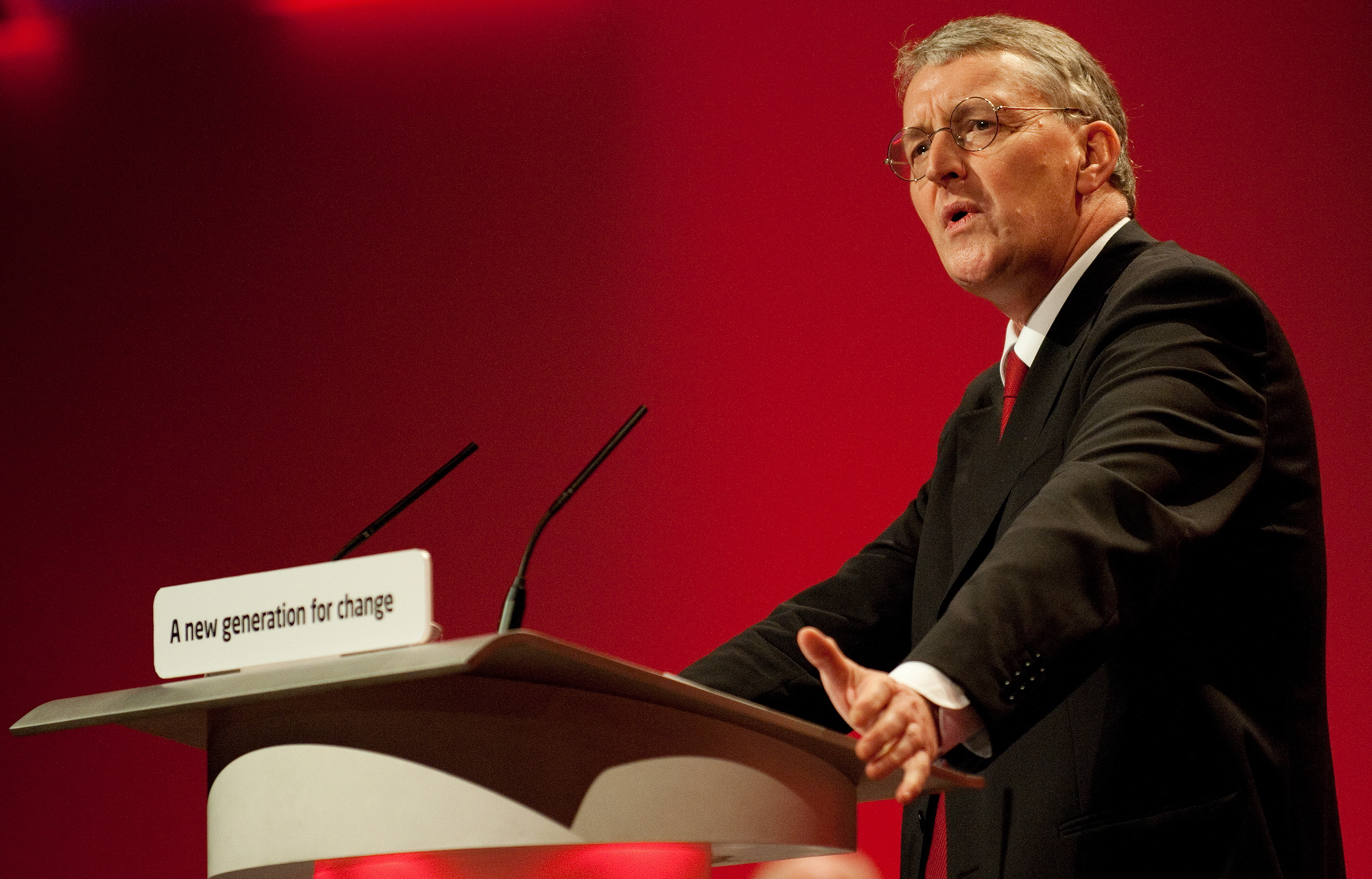
by Michael THURSTON
LONDON, United Kingdom (AFP) — Britain’s opposition Labor party leader Jeremy Corbyn has insisted he will not quit despite the resignation of 11 members of his top team Sunday over his handling of the EU referendum campaign.
Corbyn, widely criticized for his lukewarm support for the Remain camp, said he will not betray the trust of the party members who elected him, and vowed to “reshape” his shadow cabinet starting on Monday.
“I regret there have been resignations today from my shadow cabinet. But I am not going to betray the trust of those who voted for me — or the millions of supporters across the country who need Labour to represent them.
“Those who want to change Labor’s leadership will have to stand in a democratic election, in which I will be a candidate,” he said in a statement.
The comments came after a day of high drama which started overnight Saturday when he sacked his foreign affairs spokesman Hilary Benn, who told Corbyn he did not have confidence in his leadership.
“He’s a good and decent man but he is not a leader, and that’s the problem,” Benn told BBC television early Sunday.
Benn’s departure triggered a wave of resignations, including health spokeswoman Heidi Alexander, education spokeswoman Lucy Powell, Scottish spokesman Ian Murray and transport spokeswoman Lilian Greenwood.
By late Sunday 11 members of Corby’s top team had quit, also including justice spokesman Lord Charles Falconer, who was a close friend of former Labor leader Tony Blair, whom he served as Lord Chancellor.
“As much as I respect you as a man of principle, I do not believe you have the capacity to shape the answers our country is demanding,” Alexander wrote in her resignation letter to Corbyn, which she published on Twitter.
‘Political oblivion’
One third of Labour voters chose to leave the European Union in Thursday’s historic vote, against the advice of the majority of the party’s MPs and the leadership.
Critics say Corbyn — who for decades had expressed eurosceptic views — could have done more to sway voters.
Two Labour MPs tabled a vote of no confidence in Corbyn on Friday, which is expected to be discussed at a meeting of the parliamentary Labour party (PLP) on Monday.
In his statement late Sunday, the veteran socialist said: “Over the next 24 hours I will reshape my shadow cabinet and announce a new leadership team to take forward Labor’s campaign for a fairer Britain — and to get the best deal with Europe for our people.”
Deputy Labor leader Tom Watson issued a statement saying he was “saddened” that so many colleagues had decided to quit, adding that he would hold “emergency talks” with Corbyn on Monday to “discuss the way forward”.
“My single focus is to hold the Labor Party together in very turbulent times. The nation needs an effective opposition, particularly as the current leadership of the country is so lamentable,” he said.
Many Labor MPs have been critical of Corbyn since his unexpected election last September in a vote by party members.
But they said the voter revolt over the EU, the resulting turmoil and the possibility of an early general election following the resignation of Prime Minister David Cameron made his position untenable.
“If a general election is called later this year, which is a very real prospect, we believe that under Jeremy’s leadership we could be looking at political oblivion,” Margaret Hodge, who tabled the no confidence motion, wrote in a letter to fellow Labor MPs.
Any challenger to Corbyn would need the support of 20 percent of the party’s 229 MPs and it would then be put to party members, who are strongly supportive of the leader.
© 1994-2016 Agence France-Presse








